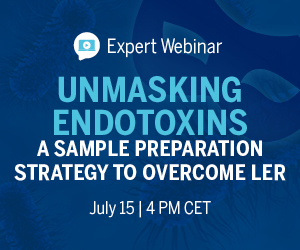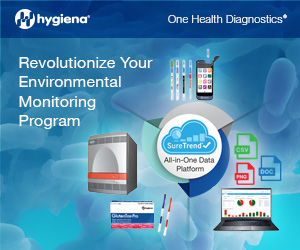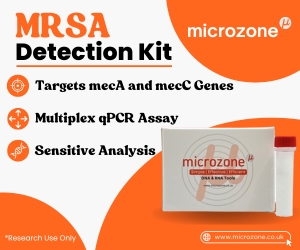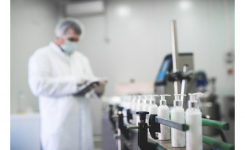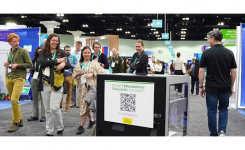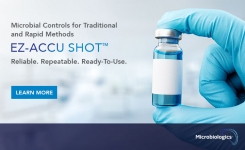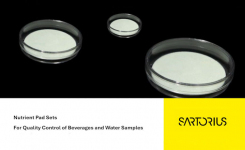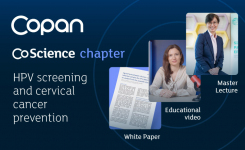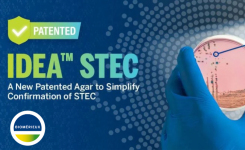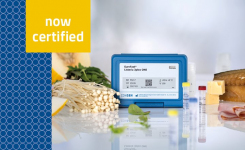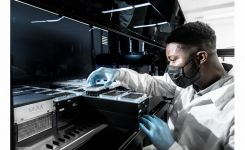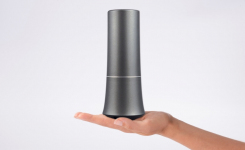FDA Approval for APTIMA® HIV-1 RNA Qualitative Assay for Clinical Diagnostic Use
go back to news archives| The FDA has granted marketing approval for the APTIMA® HIV-1 RNA qualitative assay. The assay may be used as an aid in the diagnosis of acute and primary HIV-1 infection, and to confirm HIV-1 infection in an individual whose specimen is repeatedly reactive (positive) for HIV-1 antibodies. |
Source : Gen-Probe, Inc View archived contact details
Posted on October 6, 2006


